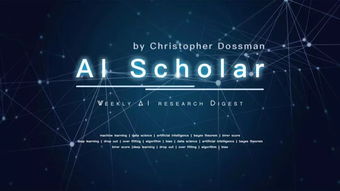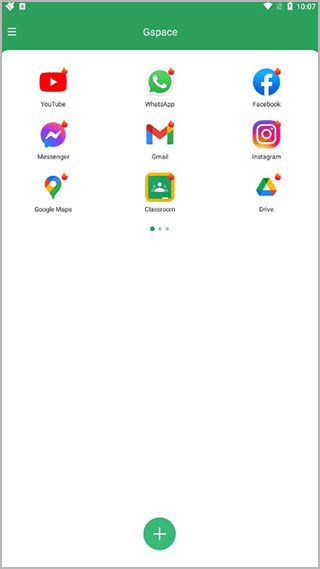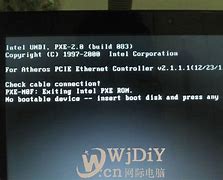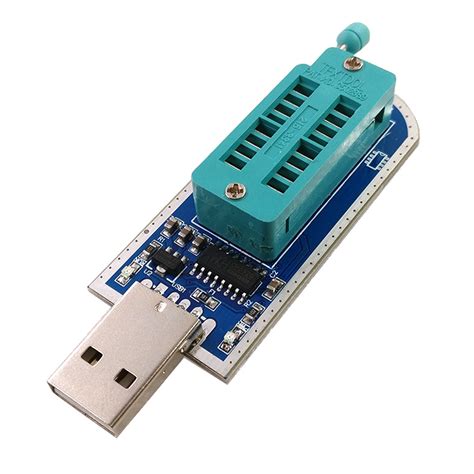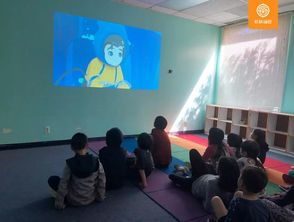Title: Exploring the World of Programming with Python
Programming, a cornerstone of the digital age, empowers individuals to create, innovate, and solve problems across various industries. One of the most versatile and beginnerfriendly programming languages is Python. Let's delve into the realm of programming with Python, understanding its fundamentals, applications, and offering guidance for aspiring programmers.
Understanding Python:
Python, known for its simplicity and readability, is favored by beginners and experts alike. Its syntax resembles English, making it easy to grasp for those new to coding. Python's versatility allows it to be used in web development, data analysis, artificial intelligence, scientific computing, and more.
Key Concepts:
1.
Variables and Data Types:
In Python, variables are used to store data. Data types include integers, floats, strings, lists, tuples, dictionaries, and sets.2.
Control Flow:
Control flow statements like ifelse, loops (for, while), and break/continue are used to control the execution of code based on certain conditions.3.
Functions:
Functions are blocks of reusable code. In Python, you can define functions using the `def` keyword.4.
Modules and Packages:
Python's extensive standard library offers modules and packages for various functionalities. You can also install thirdparty packages using package managers like pip.Applications of Python:
1.
Web Development:
Frameworks like Django and Flask facilitate web development with Python. They provide tools for building scalable web applications efficiently.2.
Data Science and Machine Learning:
Python's rich ecosystem of libraries such as NumPy, Pandas, Matplotlib, and scikitlearn enables data analysis, visualization, and machine learning model development.3.
Automation:
Python's simplicity makes it ideal for automating repetitive tasks. Libraries like Selenium and Beautiful Soup are used for web scraping, while PyAutoGUI is employed for GUI automation.4.
Scripting:
Python is extensively used for writing scripts to automate system administration tasks, file operations, and more across different operating systems.Guidance for Aspiring Programmers:
1.
Start Simple:
Begin with basic Python concepts like variables, data types, and control flow. Practice coding exercises on platforms like LeetCode, HackerRank, or Codecademy.2.
Build Projects:
Apply your knowledge by building projects. Start with small projects like a todo list app or a calculator and gradually move to more complex ones like a web application or a machine learning model.3.
Explore Libraries:
Familiarize yourself with popular Python libraries relevant to your interests. Experiment with them in your projects to understand their functionalities better.4.
Seek Community Support:
Join online communities like Stack Overflow, Reddit's r/learnpython, or local coding meetups. Engage with peers, ask questions, and seek feedback on your code.5.
Practice Regularly:
Consistency is key to mastering programming. Set aside dedicated time each day to practice coding, solve problems, and enhance your skills.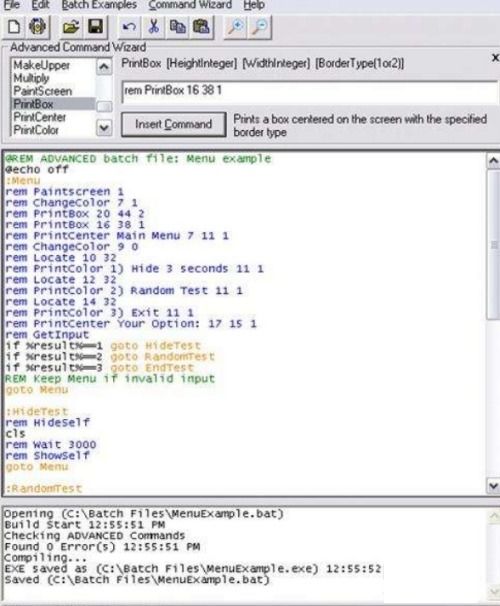
In conclusion, Python serves as an excellent entry point into the world of programming due to its simplicity, versatility, and vast community support. By understanding its fundamentals, exploring its applications, and following a structured learning approach, aspiring programmers can embark on a fulfilling journey of coding proficiency and creativity.
版权声明
本文仅代表作者观点,不代表百度立场。
本文系作者授权百度百家发表,未经许可,不得转载。






